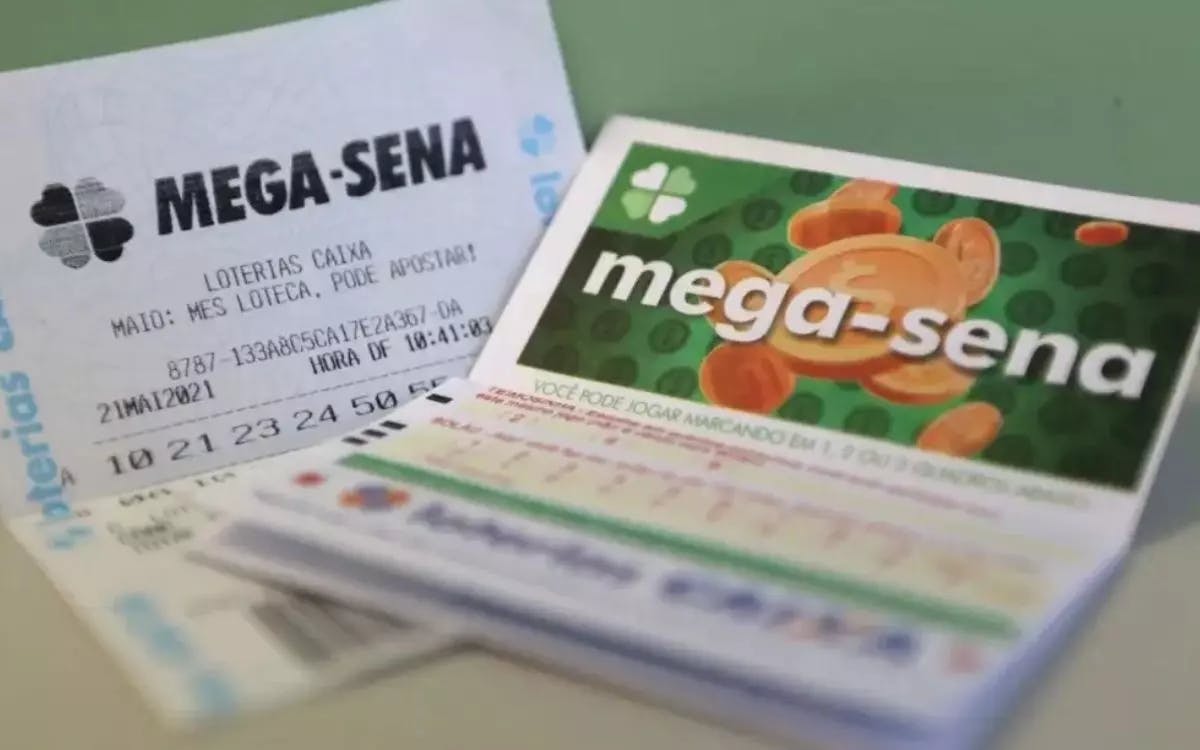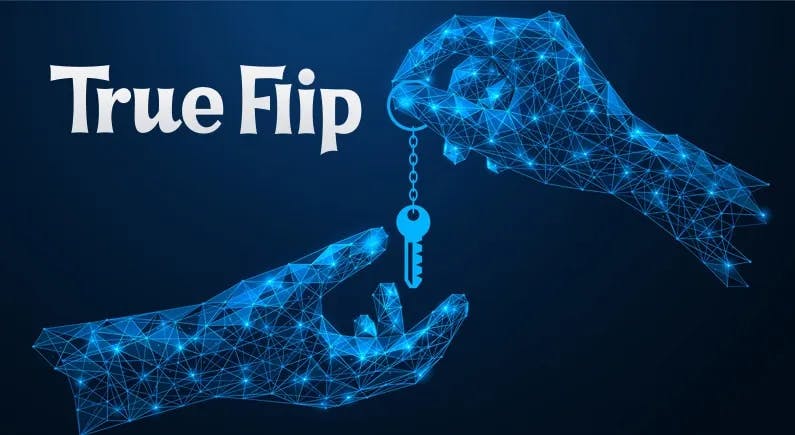The New Era of Lotteries
How Blockchain Technology Can Transform National Lotteries and Decentralized Platforms. A Case Study on Mega-Sena.
The Lottery House
tags:
tecnology
curiosity

Blockchain as the Protagonist
Blockchain technology, popularized by cryptocurrencies, is gradually finding applications beyond the financial sector. One promising example is its use in national lotteries and decentralized platforms.
But how could blockchain be implemented in a traditional lottery like Mega-Sena? What are the challenges and benefits? Additionally, how do existing decentralized lottery platforms utilize blockchain to offer security, transparency, and decentralization? In this article, we explore these aspects, analyzing a case study of Mega-Sena and comparing leading blockchain-based lottery projects.
1. Blockchain and National Lotteries: The Mega-Sena Case Study

1.1 The Context of Mega-Sena
Mega-Sena is Brazil's most popular lottery, managed by Caixa Econômica Federal. Its operation includes selling physical and digital tickets, live draws, and multimillion-dollar prizes. Despite its popularity, issues such as distrust in the draw system, lack of transparency in fund allocation, and the need for independent audits frequently arise.
Blockchain technology could be a powerful solution to address these challenges, ensuring greater public trust and modernizing the system.
1.2 Implementing Blockchain in Mega-Sena
1.2.1 Transparent Draws
Currently, draws are conducted manually with globes and numbered balls. Blockchain could digitalize and manage the draw mechanism using smart contracts, eliminating manipulation risks.
A smart contract could:
· Generate random numbers transparently.
· Record the drawn numbers in a public and immutable ledger.
· Allow anyone to audit results in real time.
1.2.2 Tracking Bets and Funds
With blockchain, all bets would be recorded on a public ledger. This would ensure that every ticket sold is traceable, reducing fraud risks. Additionally, the allocation of collected funds – prizes, administrative fees, and social funds – could be tracked by all stakeholders.
1.2.3 Automated Prize Payments
By integrating smart contracts, prizes could be automatically paid to winners’ digital wallets as soon as the draw results are validated. This would eliminate intermediaries and reduce processing times.
1.3 Benefits and Challenges of Implementation
Benefits
· Transparency: All draws and transactions would be visible on the blockchain, boosting public trust.
· Security: Blockchain is nearly tamper-proof, safeguarding against fraud.
· Automation: Smart contracts reduce manual processes, minimizing errors and administrative costs.
Challenges
· Implementation Costs: Transitioning to a blockchain-based system would require significant investment in infrastructure and training.
· Digital Access: While growing, internet access and digital tools in Brazil are not yet universal.
· Resistance to Change: Convincing the public and authorities of blockchain's reliability and efficiency could be challenging.
2. Decentralized Platforms: A Comparative Overview

Beyond national lotteries, decentralized blockchain-based platforms are emerging as modern alternatives for bettors worldwide. Here is a comparison of some existing projects:
2.1 FunFair
Description:
A decentralized platform utilizing Ethereum blockchain for gambling, including lotteries.
Unique Features:
· Smart contracts ensure unbiased draws.
· Low fees due to the elimination of intermediaries.
· Players can verify the fairness of results directly on the blockchain.
Challenges:
Limited scalability due to Ethereum’s constraints.
2.2 TrueFlip
Description:
A decentralized lottery offering digital tickets and prizes in cryptocurrencies.
Unique Features:
· Draws conducted via public, auditable algorithms.
· Prizes distributed directly to digital wallets.
· Loyalty programs for players.
Challenges:
Limited adoption among bettors unfamiliar with cryptocurrencies.
2.3 PoolTogether
Description:
A "no-loss lottery" operating on a decentralized model.
Unique Features:
· Bets are pooled, and the interest generated funds the prizes, while players retain their original bets.
· Total transparency ensured by blockchain.
Challenges:
Complex models may confuse new users.
3. Choosing Between Traditional and Decentralized Lotteries

3.1 Traditional Lotteries (e.g., Mega-Sena)
Advantages:
· Widely accessible and familiar to the general public.
· Government regulation ensures legality and reliability.
Disadvantages:
· Lack of complete transparency in the draw process.
· Higher administrative costs due to centralized structures.
3.2 Decentralized Lotteries
Advantages:
· Absolute transparency in draws and transactions.
· Reduced costs and direct prize payments.
Disadvantages:
· Limited adoption due to technological barriers.
· Cybersecurity risks on less robust platforms.
Blockchain: A Path to Modernizing Lotteries

Implementing blockchain in lotteries, whether in national projects like Mega-Sena or decentralized platforms, represents an opportunity to transform the sector.
While traditional lotteries like Mega-Sena could benefit from increased transparency, security, and automation, decentralized platforms offer a glimpse into the future with auditable draws and real-time prize payouts.
The challenges, such as initial costs and public education, are significant. However, the potential benefits – from public trust to operational efficiency – make adopting blockchain an essential step for the future of lotteries.
With blockchain technology, luck can not only be tracked but also protected, ensuring a fairer game for all. After all, transparency and security are the greatest prizes any lottery can offer.